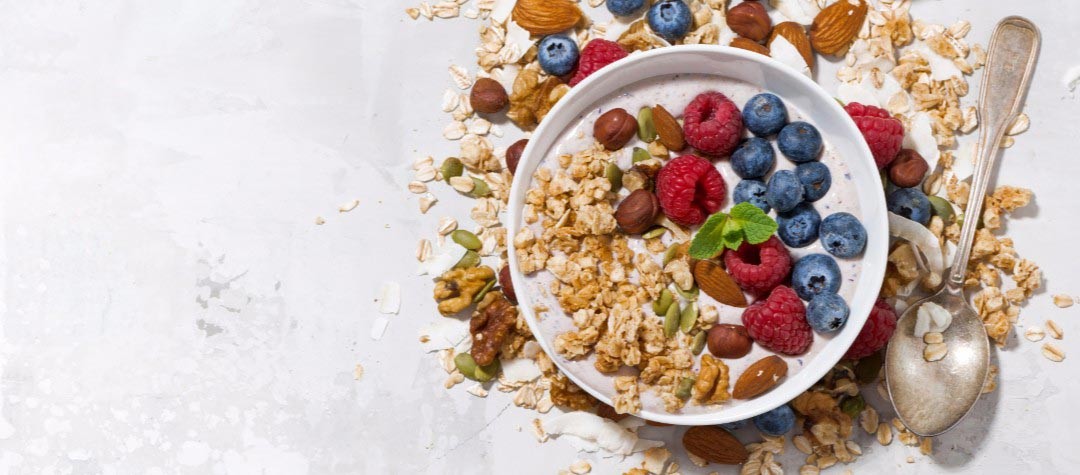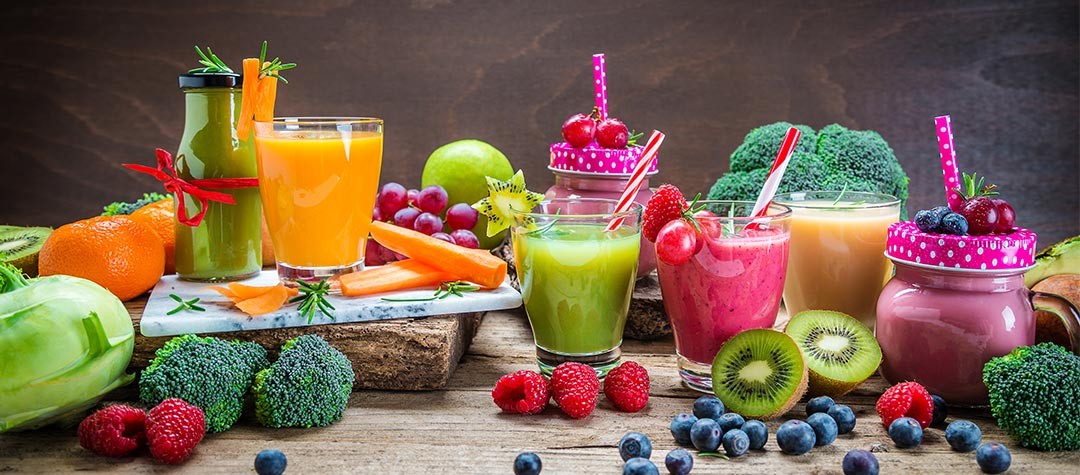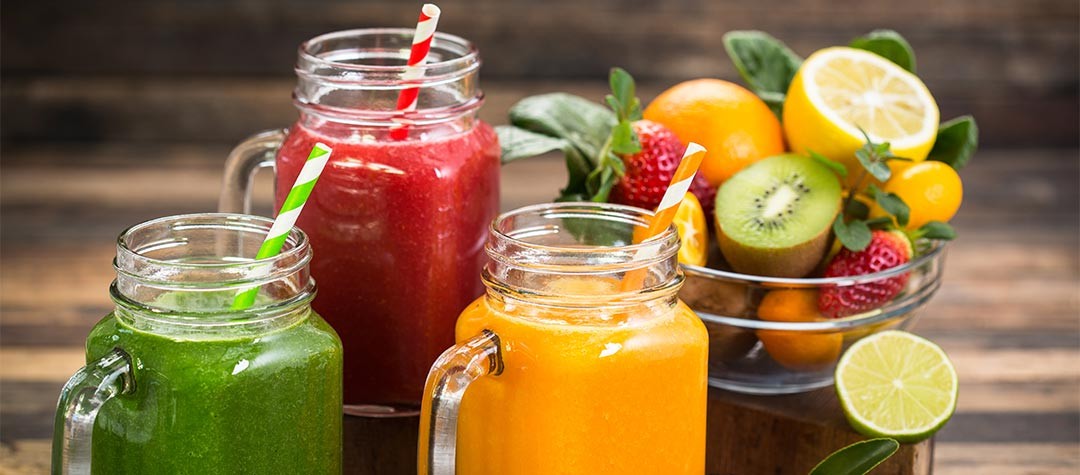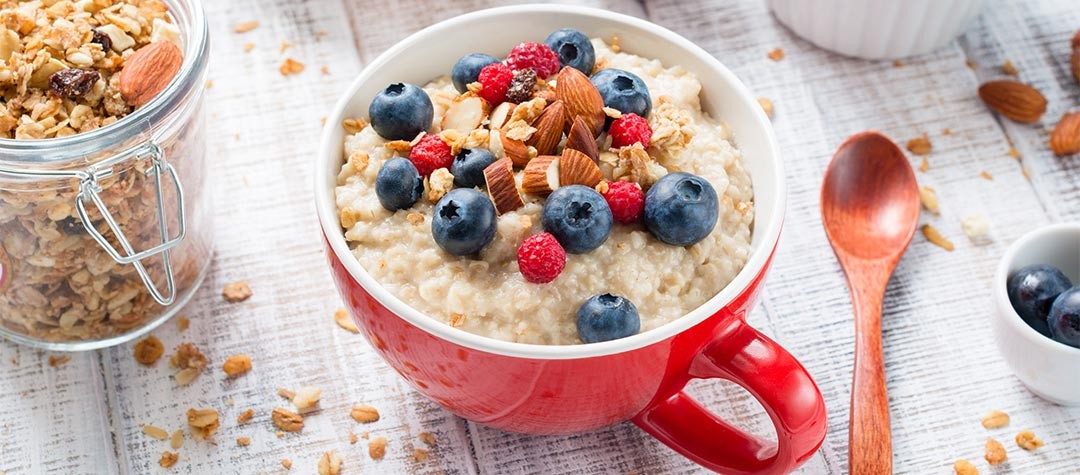Getting started in healthy eating can be a bit of a daunting task. To stop you giving up before you even begin, here are five golden nutrition and hydration rules to keep things simple.
1. Always eat breakfast
After fasting all night, kick-start your body’s engine with some good quality food. If you ever feel lethargic in the morning, or skip breakfast and are ravenous by 10am, you will feel 100 per cent better if you have some food when you get up. Top of the breakfast charts is porridge, perhaps topped with some fresh or dried fruit. Porridge will provide you with sustained energy and cancel out the 10am ‘munchies’. Cereals provide a simple and quick breakfast fix but try and avoid sugar or chocolate coated varieties.
2. Stay hydrated
Symptoms of dehydration include unusual fatigue, dizziness, hunger, dry skin, dark urine and general lethargy. When you consider that the majority of our bodies are made up of water, topping up your body’s fluid intake with water and natural fluids (for example, fruit juice and herbal tea) is extremely important. If you are exercising or in hotter weather, it is even more important to up your water intake as fluids are lost through sweat in these conditions.
3. Take the ‘20 per day’ test
It may seem a lot, but try and eat 20 different, healthy foods each day to ensure that you are fuelling your body with a broad range of different nutrients and to guarantee that you are getting the full complement of vitamins, minerals and trace elements. This is also a great way of keeping your meals interesting too. Try nuts, different fruits and vegetables, pulses, meats and grains to constantly mix up your diet.
4. Limit or avoid salt
A high consumption of salt has proven links to high blood pressure, so minimising your salt intake is very important. Many foods have salt added to them to enhance their flavor because salt is the cheapest flavor enhancer available. For example, many ready-made soups contain up to three grams of salt, and a few slices of bread can easily add another gram. When the maximum recommended daily salt intake is five to six grams per day, you can see how easy it is to take in large quantities — often unknowingly.
5. Avoid eating late at night
Breakfast like a king, lunch like a prince and dinner like a pauper is an old adage but there is some truth in the saying. Many people have an ‘end-of-day load’ approach to their food intake, sometimes eating a large evening meal at 9pm, having eaten very sparingly throughout the day. Effectively they have starved themselves during their period of maximum activity and when they get home they are extremely hungry and eat a very large meal before going to bed. This can wreak havoc on your digestive system and can even cause weight gain.















